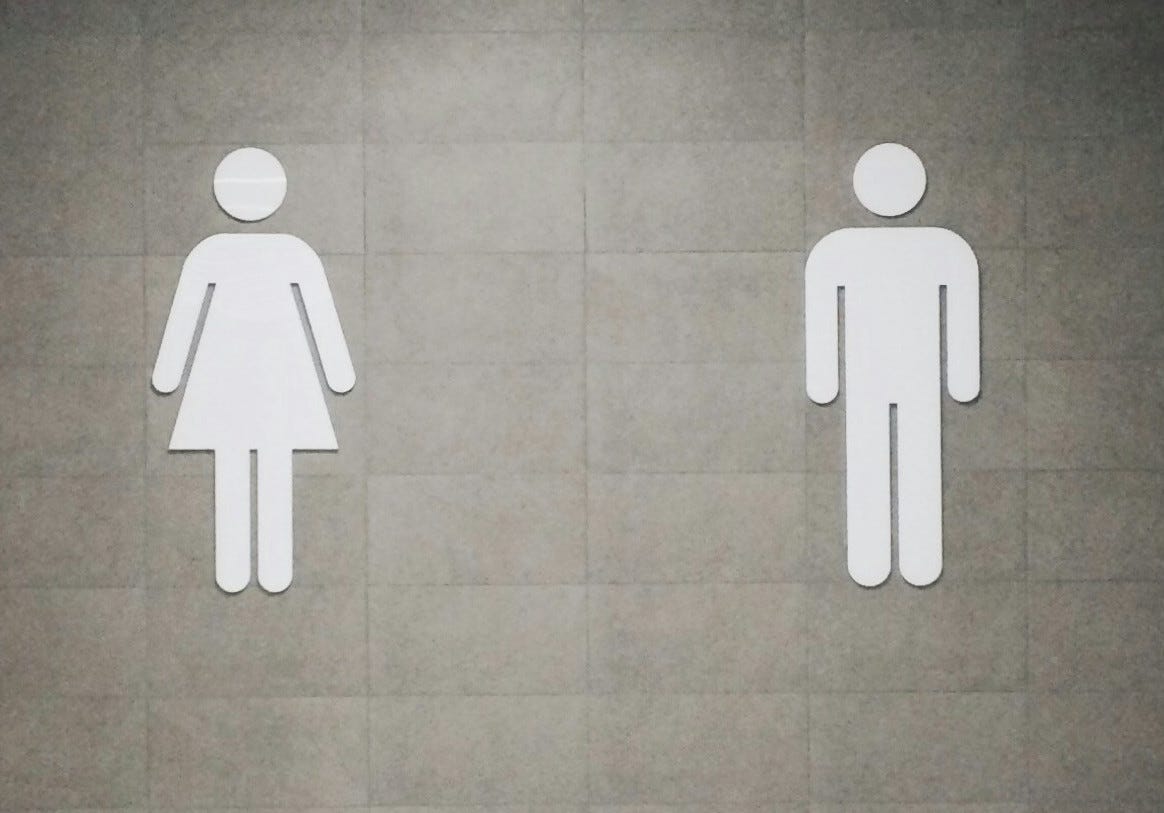Workplace use of ‘Billy Graham’ rule could face court test in lawsuit by Southern Baptist
Male HVAC worker says he was fired after objecting to working alone with a woman

For 16 years, Paul Ostapa’s work as a heating and air conditioning (HVAC) technician created no problems with his religious beliefs as a Southern Baptist. But all that changed in April 2022 when he found out that a new HVAC technician, a woman, would be joining his crew in the male-dominated field — and Ostapa adheres to what has become known as the “Billy Graham rule,” which prevents him from being alone with a woman other than his wife.
According to a lawsuit Ostapa filed recently in the U.S. District Court Northern District of New York, the conflict with his company’s work expectations eventually led to his firing. Ostapa claims that his employer, Trane Technologies, is required by the federal 1964 Civil Rights Act as well as New York state law to provide a reasonable accommodation that would allow him to work in a manner consistent with his religious beliefs.
If Ostapa’s case proceeds to trial, it could become the first case in which a court has decided whether to require an accommodation for someone following the Billy Graham rule. A search of databases could find only one case where a federal civil rights lawsuit had been filed by someone following the Billy Graham rule; a male deputy sheriff in North Carolina had claimed in 2019 that he was fired over a request for a workplace accommodation because he didn’t believe he could in good conscience be involved in one-on-one training with a female employee. That case was settled out of court before a trial could be held, so there was never a judicial determination on whether an accommodation had to be granted.
The Southern Baptist Convention does not require its members to follow the rule, named after the late evangelist, who had instituted such a personal policy early in his career, largely as a way to protect his reputation. However, the rule has been adopted by many evangelical and fundamentalist Christians and especially by male pastors as a way not only to protect their reputations, but also as a way to help them avoid sexual temptation. After Graham, the most famous adherent of such a policy was Mike Pence, who served as U.S. vice president during Donald Trump’s first term.
What the ex-employee claims
According to Ostapa’s lawsuit, this is the sequence of events that led to his firing: He and his family moved to the United States from Ukraine in 2001 in pursuit of religious freedom. He later began working at Crane, and in April 2022 Crane hired a female HVAC technician, the first one to work out of Ostapa’s office. Because Ostapa was “a strict adherent to this religious doctrine” of not being alone with a woman not his wife, he asked a supervisor for an accommodation of not being required to work with the woman, referred to as Jane Doe in the lawsuit. The lawsuit claims that the accommodation was granted.
Ostapa said in the lawsuit that he bases on the practice on the story of Joseph and Potiphar’s wife found in Genesis 39 and on 1 Thessalonians 5:22, which he believes commands him “to abstain for even the appearance of evil.”1
According to the lawsuit, Ostapa worked with Doe, although not alone, for about three months without incident. But then he was working with her and a male technician when the male employee had to leave, leaving Ostapa alone with Doe. In order to not disrupt his work, he “opted to just finish the job as quickly as possible and leave,” but the incident caused “great inner conflict and emotional turmoil, but after prayer and reflection he decided that it was a one-time mistake by an ill-informed dispatcher and let it go.”
A few months later, he was asked to work alone with Doe, but the plans were changed when he told a dispatcher about his religious accommodation. A short time later, the lawsuit says, Ostapa was fired for insubordination.
The lawsuit claims that Crane “had an unquestionable obligation to engage in an interactive accommodation process with Paul concerning his sincerely held religious beliefs, the conflict between the religious beliefs and Defendant’s employment requirements, and to attempt to reach an accommodation.”
Ostapa is represented by attorneys from the Liberty Counsel, an international nonprofit organization frequently involved in religious-liberty cases.
The company’s potential response
As of this writing, the legal action is awaiting a formal response from Crane.
If Crane were to not dispute the facts of the case, its most likely response would be that an accommodation of the type sought by Ostapa would unreasonable for at least two reasons:
🟪 Such an accommodation would significantly interfere with the employer’s ability to schedule employees.
🟪 Allowing an employee such an accommodation would require it to discriminate against women by limiting their opportunities to accept certain jobs or assignments.
The King James Version translates the verse as “Abstain from all appearance of evil.” Most modern translations render the verse as “Abstain from every form of evil” or something similar.

